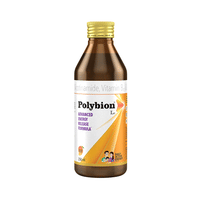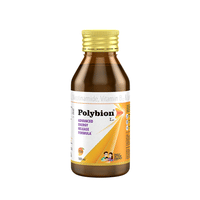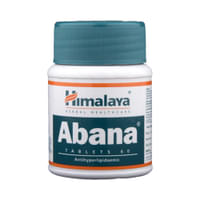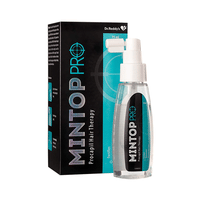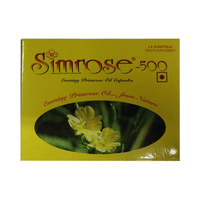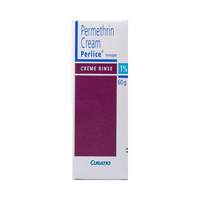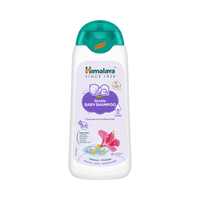food interaction for Exidil Solution
alcohol interaction for Exidil Solution
pregnancy interaction for Exidil Solution
lactation interaction for Exidil Solution
medicine interaction for Exidil Solution
food
alcohol
pregnancy
lactation
medicine
No interaction found/established
No interaction found/established
The safety of Exidil 2% Solution during pregnancy has not been established. There are no adequate and well-controlled studies in pregnant women, and animal data on reproductive toxicity are insufficient. Your doctor will weigh the benefits and any potential risks before prescribing.
CONSULT YOUR DOCTOR
Exidil 2% Solution may be unsafe to use during breastfeeding. Limited human data suggests that the drug may pass into the breastmilk and harm the baby. It should be used only if the expected benefit outweighs the potential risk. Please consult your doctor.
Exidil 2% Solution is not recommended for use in women.
Exidil 2% Solution is not recommended for use in women.
CONSULT YOUR DOCTOR
No interaction found/established
SALT INFORMATION FOR Exidil 2% Solution
Minoxidil(2%)
Exidil solution uses
{med_name} is used in the treatment of hair loss, Hypertension (high blood pressure) and Heart Failure. It is most effective in treating hereditary hair loss or thinning at the top of the scalp, not in front.
How exidil solution works
Exidil 2% Solution is a potassium channel opener. Its vasodilation action expands the blood vessels. Therefore, when it is applied to the scalp, it helps to increase blood flow. This increased blood flow provides more nutrition and oxygen to the hair follicles, which prevents hair cell death and also enhances new hair growth. This is how it works to treat your alopecia (hair loss).
Common side effects of exidil solution
Itching, Hypertrichosis (excessive hair growth), Dermatitis
SUBSTITUTES FOR Exidil Solution
8 Substitutes
8 Substitutes
Sorted By
 Rs. 356.25pay 22% more per ml of Solution
Rs. 356.25pay 22% more per ml of Solution- Minoxidil Hair Growth Topical Solution 2% | Scalp Application for Hair Growth | by Tata 1mg(60 ml Solution in bottle)Percos India Pvt LtdRs. 4.37/ml of Solution
 Rs. 445save 5% more per ml of Solution
Rs. 445save 5% more per ml of Solution  Rs. 389pay 38% more per ml of Solution
Rs. 389pay 38% more per ml of Solution Rs. 221.25save 21% more per ml of Solution
Rs. 221.25save 21% more per ml of Solution Rs. 455.35save 3% more per ml of Solution
Rs. 455.35save 3% more per ml of Solution
Expert advice FOR Exidil Solution
- Wash your hands before and after application.
- It should only be applied directly to the scalp. If Minoxidil accidentally comes in contact with your eyes, nose, or mouth, flush the area thoroughly with cool tap water.
- Do not shampoo your hair or use a hairdryer for 4 hours after applying Minoxidil as it can reduce the effectiveness of the medicine.
- During the first 2 weeks of application, your hair fall may increase. This is normal and is a sign that Minoxidil is working.
- Take care that Minoxidil does not trickle down onto your face as it may cause undesirable facial hair growth.
Frequently asked questions FOR Exidil 2% Solution
Minoxidil
Q. Is the hair growth by Exidil 2% Solution treatment permanent?
You have to continue applying Exidil 2% Solution for continued hair growth. If you stop using Exidil 2% Solution, the regrown hair may disappear after 3-4 months and balding or hair loss may restart.
Q. How long does it take to see results with Exidil 2% Solution?
Since hair growth is a slow process, it may take some time before you see new hair growth after starting the treatment with Exidil 2% Solution. You need to use Exidil 2% Solution for 4 months to see its effects.
Q. Do I need to wash my hair every day when using Exidil 2% Solution?
No, it is not required to shampoo your hair every day before applying Exidil 2% Solution. However, if you shampoo your hair, make sure your scalp is dry before using Exidil 2% Solution.













